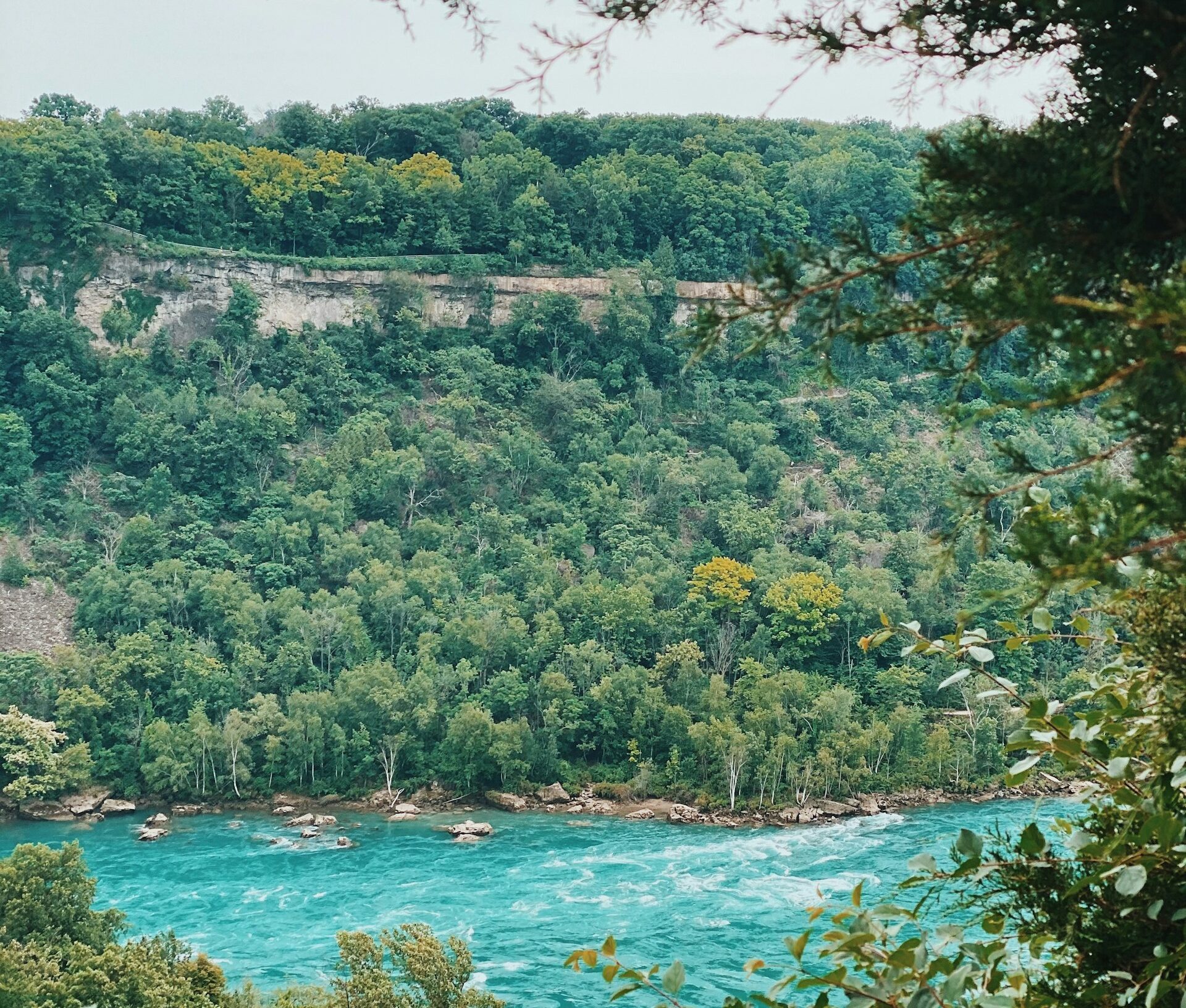Christians around the world are invited to give particular attention to praying and caring for God’s creation as part of the global Season of Creation, observed from September 1 to October 4 every year. In 2019, our General Synod passed a resolution adopting the Season of Creation in the Anglican Church of Canada as a time of prayer, education, and action, encouraging dioceses and parishes to participate.
The Climate Justice Niagara Committee promotes this season as an opportunity to highlight our diocesan-wide commitment to climate justice. While it’s important to uphold this season, we’re all invited to consider ways to keep creation care in our worship gatherings, and in the everyday lives of our parishes, and of ourselves as individuals, all year round. For example, does your parish include prayers for creation each week in the Prayers of the People? Does your parish have a Climate Justice Niagara facilitator (or two!) – someone who connects with the Climate Justice Niagara Committee, who shares information about opportunities; someone who is on Parish Council, updating the council with opportunities and ideas for climate justice action and advocacy?
One of our vows for baptism is, “Will you strive to safeguard the integrity of God’s creation, and respect, sustain and renew the life of the Earth?” To which we reply, “I will, with God’s help.” A question to ask oneself, and one’s parish community is, “How am I/how are we striving to do this? As much as we may want God to fix this climate crisis, we believe God calls each of us to take the initiative. When we turn to God and trust in God, God will empower us to be part of the solution. When we repent of our ways that are harming the environment and when we not only pray for healthier ways of living but model respect and better practices for each other, God will empower us to sustain and renew the life of the Earth.
Currently, there is talk of climate crisis anxiety, and this may include some thoughts and feelings of being less hopeful, or even that the situation is hopeless. The good news is that by taking action, including the voicing of justice – speaking truth to power – we can be hopeful. We live in hope, and we live with hope, thanks be to God. During this Season of Creation, a way to honour the creation that God invites, and we believe, expects us to care for, is to use your voice to safeguard the integrity of God’s creation by taking action against unjust practices that harm this beautiful planet.
As an example, you may be wondering if any investments you have are supporting fossil fuel extraction and promoting further degradation of the Earth. Talk to your financial institution about divestiture. Ask if they are reducing their commitment to funding such harmful endeavours. If that’s not an option, consider changing your financial institution to better reflect the integral values of care of creation.
We can be energized about getting better at safeguarding creation. We can embrace a better way of living, with gusto, with excitement even. The thing we should be truly saddened by, would be if we don’t do anything. If the status quo continues unchallenged, the life of this planet as we know it will just continue to decline.
In the fourth chapter of Paul’s Letter to the Romans, he speaks of how, in the covenant between God and Abraham, Abraham was hoping against hope. Paul states that Abraham did not weaken in faith. Even when Abraham took into account the facts of his own age, he still believed the promise that he will have children. “No distrust made him waiver when concerning the promise of God,” Paul wrote.
That is hope against hope, complete faith and trust in God, for the hoped-for outcome that God will do what God will do. What is God’s will, will be. If we say “yes” to God, if we cooperate with God’s Holy Spirit, we too may hope against hope.
During this Season of Creation, and beyond – let us practice hope together, as we seek to safeguard this beautiful Creation. Let us give thanks to God!

Resurrection of Hope in Thundering Waters